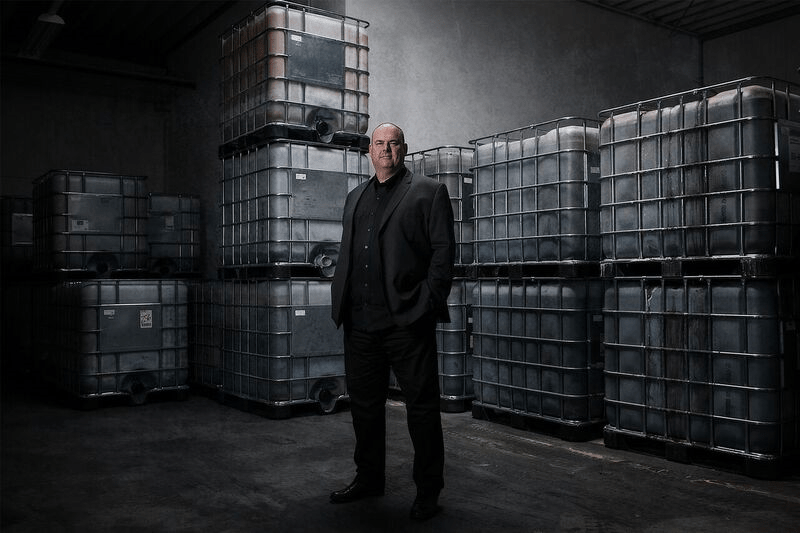Advanced battery anode materials and graphene additives provider Talga Resources Ltd has announced that its UK subsidiary, Talga Technologies Limited, has gained funding under the UK Government’s ISCF Faraday Battery Challenge initiative to develop Talga’s graphitic anode for solid state batteries.

Faraday represents a £246 million UK Government funding initiative for battery research, development and scale up of facilities to help create a new supply chain for battery production in the UK and income from battery technologies.
Introduction and Opportunity
Solid state batteries are an emerging form of rechargeable battery technology with potential to combine high energy and high power with improved safety. They work by using a solid state electrolyte made of polymer, ceramic or glass material instead of the (more flammable) liquid electrolyte of today’s lithium-ion (“Li-ion”) batteries.
A range of automotive manufacturers including Toyota, Volkswagen, Hyundai and BMW have declared their goal is to incorporate solid state batteries into their vehicles by 2025.
Other companies such as Dyson and Bosch are active in this space through various investments in start-ups. A report by IDTechEx predicts the solid-state battery market to be worth in excess of $4bn by 2026.
Talga Anode Product
While solid state batteries are theoretically capable of very high performance, in practice they can suffer a range of technical and commercial issues that have hindered development, particularly for larger scale applications such as electric vehicles (“EV’s”). None of the solid state batteries reported to date exceed all of the performance and economic requirements of today’s best Li-ion batteries in EV’s.
A major bottleneck of solid state development is the anode, where the use of metallic lithium can cause a range of issues leading to slower charge/discharge characteristics, safety issues both within the battery and in mass production, and higher cost.
Talga aims to overcome these issues with a new high capacity graphitic carbon composite anode, Talnode-E, designed to have multiple advantages including faster charge and higher power, easier processability, safer handling, highly scalable industrial manufacturing and lower costs.
Faraday Project
The Faraday project titled “Cathodes, Anodes, and Solid-state Electrolytes for Lithium Ion Batteries” (CASE LIBs) aims to address the industrial and fundamental challenges of solid state batteries by bringing together Talga’s innovative technology arm at Cambridge, UK with Johnson Matthey, a multinational speciality chemicals and sustainable technologies company, and Sheffield University one of UKs leading battery materials groups.
The consortium partners have secured significant funding support under the ‘Innovation’ aspect of Faraday, to support the project. Talga shall receive a 70% reimbursement of its eligible costs, including salaries, consumables, equipment and contractor expenses.
Talga Managing Director, Mr Mark Thompson: “Securing this grant and partnerships with both commercial and R&D partners is another solid step in Talga’s advancements as a battery material and technology supplier. This new anode product, Talnode-E, joins our range of advanced battery materials designed to provide leverage to current and emerging battery technologies, delivering
ongoing opportunities for growth.
Again we are partnered with brand names in the battery supply chain, well funded and with access to state of the art facilities, having utilised our well-developed network of innovative energy storage technology and material companies from our technology centre in Cambridge,UK.
We are seeing increased customer demand for solid state batteries, and have attained nondisclosure agreements with leading electronic and automotive companies looking to test our anodes based on our 100% owned Swedish graphite supply.”
Next Steps
Now that the funding winners have been announced, joint development agreements between the consortium partners have been executed and project activities commenced, Talga will update the market at significant milestones and in conjunction with official newsflow from partners and the ISCF Faraday Battery Challenge and Innovate UK.